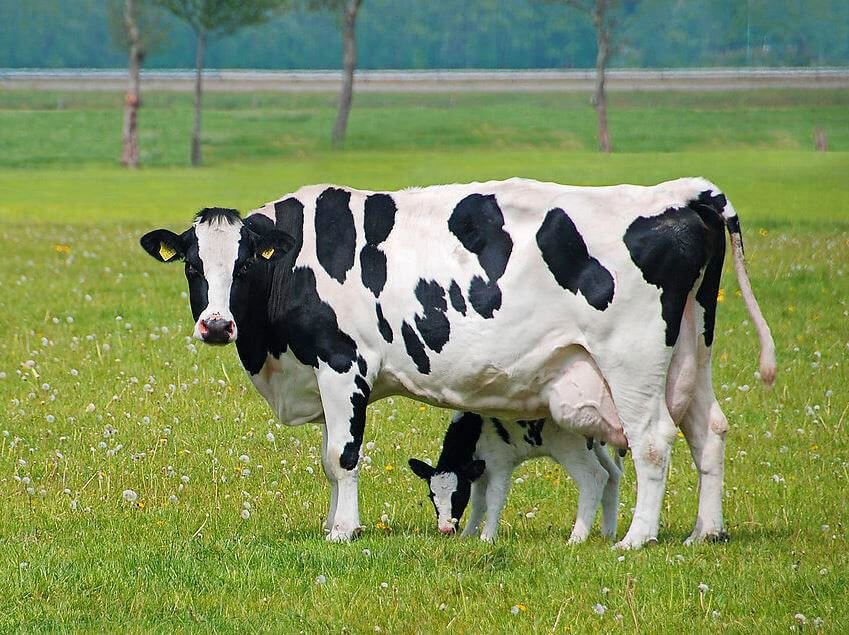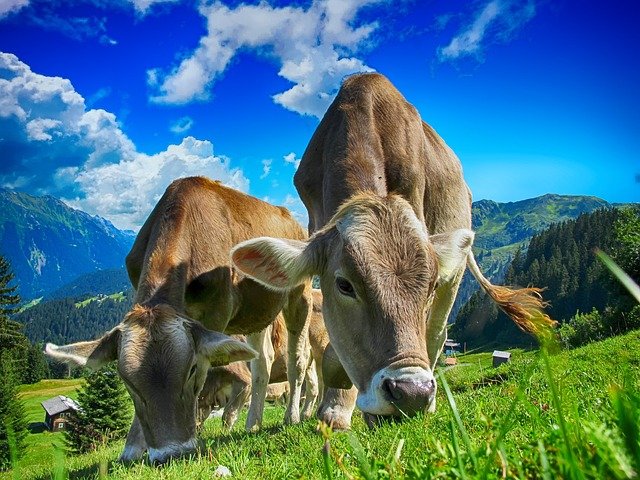Cattle Farmer:
A cattle farmer is responsible for the management and care of a herd of cattle. This includes feeding, watering, and monitoring the health of the animals. They are also responsible for breeding and reproduction, as well as managing the overall herd size and composition. Cattle farmers must also maintain the facilities and equipment necessary for the care of the animals, such as barns, fences, and feeding troughs. Additionally, they may be responsible for marketing and selling the cattle, as well as managing the financial aspects of the farm operation. Cattle farmers must have a strong understanding of animal husbandry practices, as well as knowledge of agricultural equipment and techniques. They must also be physically fit and able to work long hours in all types of weather conditions.

Animal Care and Management:
Feeding and Watering: Cattle farmers need to ensure their animals receive appropriate nutrition by providing balanced feed and access to clean water.
Medical Care: Regular health checks, vaccination programs, and prompt treatment of illnesses or injuries are essential for maintaining a healthy herd.
Breeding Programs: Overseeing Breeding: Cattle farmers often manage breeding programs to improve the genetic quality of their herd, focusing on traits such as size, meat quality, or milk production.
Herd Health Monitoring: Health and Well-being: Regularly monitoring the overall health and well-being of the herd is crucial, including disease prevention and control measures.
Housing and Protection: Proper Housing: Providing suitable shelters and facilities to protect cattle from extreme weather conditions is vital for their welfare.
Predator and Disease Control: Implementing measures to protect the herd from predators and diseases is a key responsibility.
Marketing and Sales:
Livestock Sales: Cattle farmers may be involved in marketing and selling their livestock, understanding market trends and pricing to maximize returns.
Infrastructure Maintenance: Equipment and Facilities: Regular maintenance of farm equipment, barns, and other infrastructure is necessary to ensure efficient operations.

Record Keeping:
Data Management: Maintaining accurate records of the herd, including health records, breeding history, and production data, aids in decision-making and farm management.
Regulatory Compliance: Adherence to Regulations: Cattle farmers must comply with local, regional, and national regulations related to animal welfare, environmental impact, and food safety.
Continuous Learning: Staying Informed: Keeping abreast of new technologies, farming practices, and industry trends helps farmers make informed decisions and improve efficiency.
In essence, a cattle farmer’s role is multifaceted, requiring a combination of practical skills, animal husbandry knowledge, and business acumen. Their efforts contribute significantly to the agricultural sector and the availability of beef and dairy products in the market
